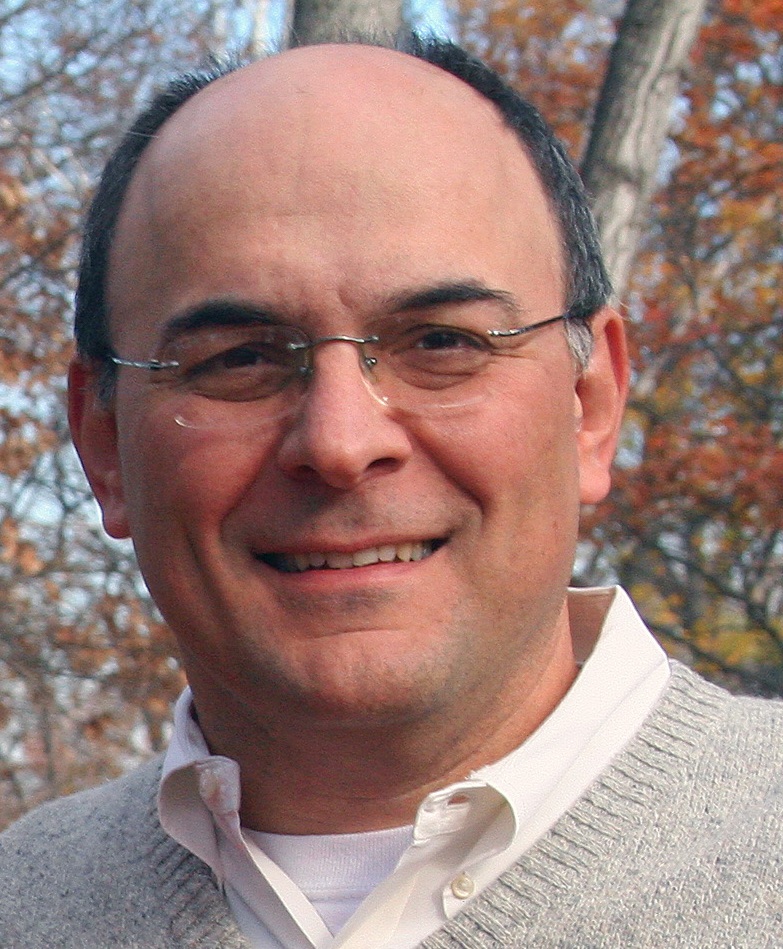
Abstract
There is no doubt that the provision of energy to the world will be one of the defining challenges of the 21st century and our ability to raise to it will define our generation to future ones. Supplying the ever increasing demand of the world without inflicting considerable environmental impact and at a cost which does not stifle prosperity, especially in developing and emerging countries, will require a tremendous amount of ingenuity. A large amount of energy is consumed in the transportation of peoples and goods. Personal mobility and its most visible symbol, the automobile, are a cherished conquest of millions of people reaching the middle class in the emerging economies of Asia and South America. Similarly, air transportation continues to grow at very fast rate outside the traditional hubs of Europe and North America. The demand for liquid fuels appears unstoppable and largely inelastic to price increases. With this backdrop, it is not surprising that biofuels – defined in this talk as liquid fuels derived from renewable biogenic feedstock - have captured the imagination of scientists, engineers, politicians, and investors alike. Yet the views on biofuels are hardly uniform. Some see them as a political boondoggle and an environmental disaster, other as a key element of national energy policy. Others yet make distinctions between biofuels depending on their chemical nature or origin or environmental impact. Sometimes, these considerations are emotional and other times poorly rooted in factual analysis. In my opinion, biofuels are not different from any other energy policy and solution. They are not intrinsically bad or good, but require understanding of unavoidable trade-offs and realism in setting technical and economic expectations. In this talk, I will provide an overview of the sector, key technologies and approaches from conventional ethanol to hydrocarbons from algae and an analysis of the necessary trade-offs beyond the hype and the emotions. Along the way, I will use those old allies of engineers: system thinking and thermodynamics.
Biography
Luca Zullo holds a Degree in Chemical Engineering from the University of Padua, Italy and a Ph.D. also in ChemicalEngineering from Imperial College of Science, Technology and Medicine in London, United Kingdom. He started his career at Shell Research in the Netherlands where he was involved with design and automation of novel petrochemical and oil processes. He joined Cray Research to lead the effort to apply high performance computing applications to the petrochemical and oil refining industry. After joining Cargill, he focused on biofuels and bio-energy in plant operations with an emphasis on “waste” to energy and second generation biofuels. During that time he also led the technical effort of a group that developed domestically and internationally methane capture projects in agricultural operations to harvest renewable energy and carbon credits. He is the founder of VerdeNero LLC, a technical services and consulting firm for the biomass and biofuels industry and co-founder of BioCee, Inc. a firm devoted to commercialize a novel bio-coating technology developed at the University of Minnesota. He was an appointed member to former Minnesota’s Governor Pawlenty Clean Energy Technology Collaborative.